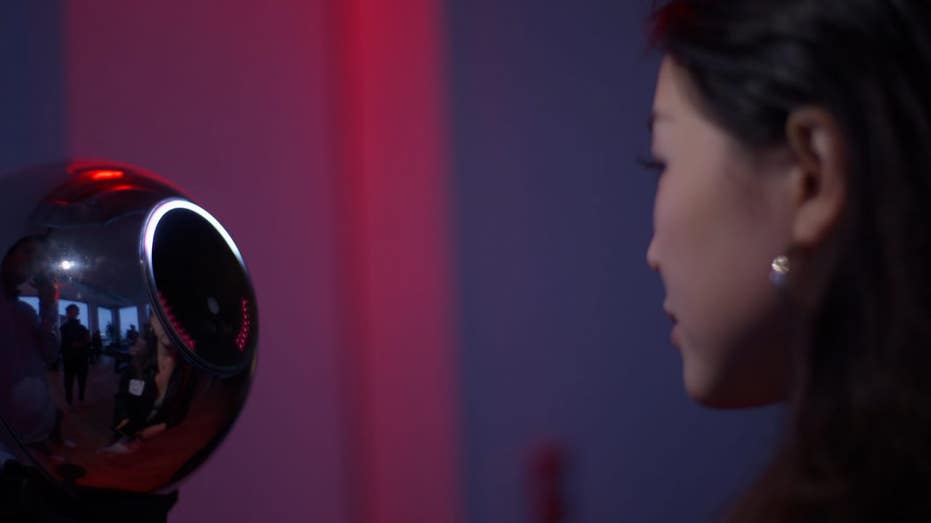US Cities Launch Biometric Iris Scanning for Enhanced Digital Identity Verification
World ID's iris scanning technology debuts in six U.S. cities, aiming to verify identities and combat AI bots.

OpenAI CEO Sam Altman has introduced a new initiative called World, aimed at verifying the humanity of internet users through biometric authentication. The project employs a device known as the Orb, which scans a person’s iris to generate a digital ID. This process is designed to help distinguish humans from increasingly sophisticated AI bots and automated accounts that populate online spaces.
The Orb is a spherical device that captures the unique pattern of an individual's iris, transforming it into what the company calls an IrisCode. This code is then stored on a blockchain-based platform, which is meant to ensure both security and privacy. According to Altman, this technology keeps people at the center of digital interactions as artificial intelligence continues to advance. Supporters of the system argue that it could serve as a critical safeguard against identity theft and impersonation in the digital realm.
Once a user completes the scan, they receive a World ID, enabling quick authentication across a range of platforms where the protocol is supported, such as Reddit, Telegram, and Shopify. As an incentive, new users are given WLD cryptocurrency tokens valued at around $40, which can be spent or traded within the network.
World ID is currently rolling out in select US cities, including Austin, Atlanta, Los Angeles, Nashville, Miami, and San Francisco. The goal is ambitious: to deploy 7,500 Orb devices nationwide by the end of the year, with hopes of reaching up to 180 million users.
Despite these promises, the project has encountered significant pushback. Privacy advocates and regulators have raised concerns about the collection, storage, and potential misuse of sensitive biometric data. Critics argue that, once captured, biometric identifiers such as iris codes are permanent and cannot be changed in the event of a data breach—unlike passwords or other traditional credentials.
The controversy extends internationally, with governments in Spain, Argentina, Kenya, and Hong Kong either suspending or actively investigating the project due to fears of excessive data gathering and surveillance risks. Cybersecurity experts caution that linking irreplaceable biometric traits to global authentication networks could create new vulnerabilities and targets for hackers.
Supporters of World ID maintain that secure, blockchain-based biometric verification offers a strong defense against impersonation and helps ensure that real people—not bots—are interacting on the internet. Critics counter that no technology is completely immune to exploitation, and the long-term implications of mass biometric data collection remain unclear.
As the adoption of AI accelerates, efforts like World ID highlight the ongoing balancing act between technological innovation and the need to protect fundamental privacy rights. Whether the benefits of widespread iris scanning will ultimately outweigh the risks remains a subject of heated debate among experts, government officials, and the public alike.




